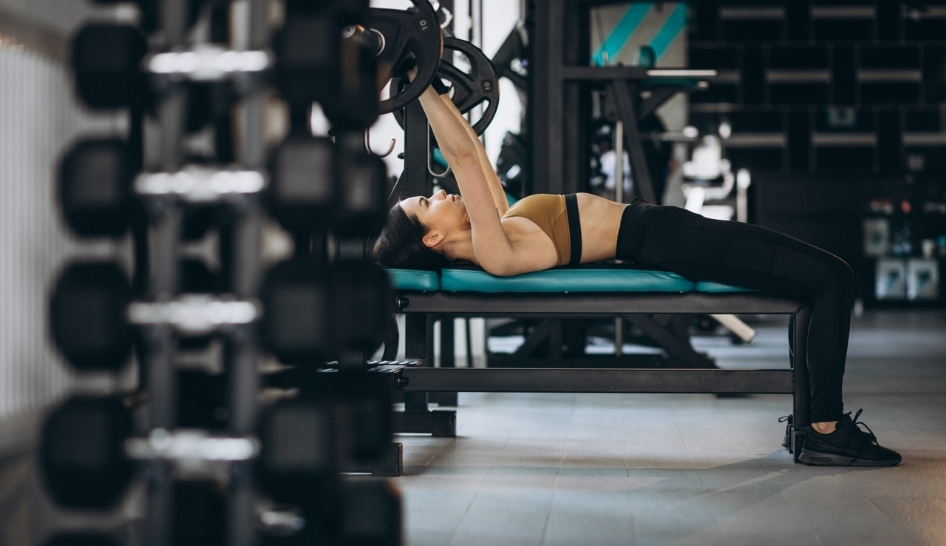To counter the misconceptions and negative news—and mark health clubs as essential businesses—IHRSA is meeting with medical and health policy experts to get their view on the matter. This article is an installment in a series in which we will share expert opinions from medical, science, and public health professionals focusing on:
- exercising safely in clubs during a pandemic,
- how gyms play a significant role in keeping people healthy, and
- the overall health benefits of exercise.
The article contains excerpts from Kenneth P. Moritsugu, M.D., MPH, president and CEO of First Samurai Consulting, LLC, and former Deputy Surgeon General and Acting Surgeon General of the United States, taken from his write-up published in Capitol Weekly, "Exercise Crucial Amid the Stresses of COVID-19."
Exercise is Crucial
In the midst of the COVID-19 pandemic, stress, fear, and isolation have severely impacted people’s physical and mental health globally. Moritsugu notes that the number of U.S. adults reporting their mental health has been negatively impacted by the pandemic has increased significantly to 53% from 32% in March.
What can we do to reverse these devastating trends?
“Fitness plays a critical role in combatting the virus and improving people’s overall physical and mental health,” said Moritsugu in "Exercise Crucial Amid the Stresses of COVID-19."
“On the mental health side,” says Greg Degnan, M.D., medical director of the Atlantic Coast Athletic Clubs (acac), “there is an equal abundance of literature supporting the benefit of regular exercise in the management of depression, anxiety, and even cognitive decline.”
Lori Deemer, M.D. medical director of Hancock Wellness Centers in Hancock County, IN, and board member of the Medical Fitness Association, says, “Being able to get out and safely be active is so essential for remaining physically independent, relieving stress, staying connected relationally (which has been linked to overall mortality rates), managing mood, and, in some cases, staying sober.”
“All of this underscores the critical need for regular physical activity—especially now in the time of COVID – for our country’s physical and mental well-being,” said Moritsugu.

